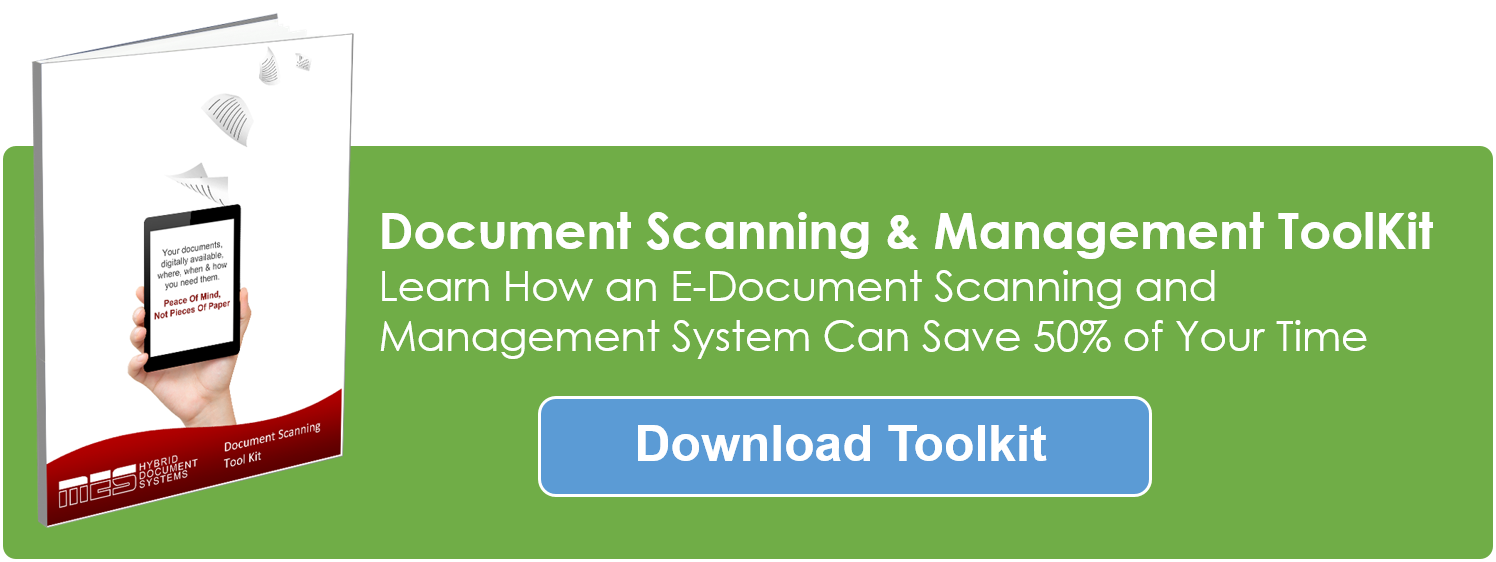Managing tax records is crucial for Canadian businesses to avoid penalties and ensure smooth audits. Understanding how long to keep tax records in Canada helps businesses comply with regulations, minimize legal risks, and enhance operational efficiency. This article will cover the legal requirements, types of records to keep, and best practices for managing both physical and electronic records.
How Long to Keep Tax Records Canada: Essential Guide for Businesses
Emails have already become a primary element of business operations in nearly every industry. Keeping up with all of these correspondences has become a document management issue that must be handled before it gets too cumbersome to organize. You may be considering implementing an email retention policy to store necessary emails while deleting unnecessary ones to save storage space improve access to the emails you really need. In this blog, we’ll take a look at what an email retention policy entails.
Topics: Document Retention, email retention
Document retention serves a higher purpose than simply ensuring accurate business records are kept. Effective document retention policies are informed by a variety of considerations from a business, technical and legal standpoint. In fact, a misguided policy could see you in noncompliance with the law.
Canadian law requires that corporations, trusts and organizations keep adequate records that provide enough details to determine tax obligations and entitlements for a period of six years. Failure to keep records, or destroying them too early, could result in prosecution.
But legality should not be the only concern when implementing a document retention policy. While legal considerations are important, any policy should also balance technical possibilities, and of course the needs of your business. Below are some tips to help your business create an efficient document retention policy.
1. Create a Formal Policy
First things first, a formal document retention policy is an absolute must. It is critical from both a legal and business standpoint. In regard to the former, an official document retention policy that is practiced and enforced sets a framework that ensures you are in compliance with the requirements outlined under the law. For the latter, a formal policy will help your business eliminate storage costs by ensuring that you do not obtain records for any longer than you need to.
2. Include an Implementation Plan
A formal document retention policy that is not properly implemented will do nothing but waste company resources and fail to serve its initial purpose. Employees should be made aware of their roles and responsibilities under the policy, as to avoid confusion or poor employee adoption. Furthermore, an implementation can help account for and improve the various ways that employees store documents, so that information is traceable and important records are not misplaced. Document management systems can be highly effective to this end (see #3).
3. Integrate Your Policy with a Document Management System
Document management systems that work harmoniously with your document retention policy cover all bases: legal, business/operational, and IT. Such systems provide a more efficient (and consistent) way to file, store, organize, secure, and retrieve every important document or record that is prudent to keep. It also allows organization to automate processes such as expense reports, AP invoice approval, and AR functions that can be tracked and stored logically within a single system. Furthermore, document management systems allow for easy retrieval of any records, meaning the ability to find the information you need is right at your fingertips.
Remember, an effective document retention policy is not just important from a legal perspective – it can also service business and operational needs by curtailing document management issues and eliminating costly business processes. If you create and implement a policy using the above advice, you can ensure that all considerations – operational, legal, and technical – are attended to.
Topics: Document Retention
Some do and some don’t, but there are few that would argue against the logic behind archiving documents. It is important that a business archive everything from emails to invoices for accountability, organizational, and legal purposes. By implementing archiving standards in your business you will improve your processes while ensuring they are protected long-term.
Among large groups of organizations it is not uncommon to find difficulties regarding accountability. By creating a system to archive documents your business will be able to answer; who, what, where, and when by following a document trail. Document archiving helps to eliminate or drastically reduce accountability issues within a business.
Topics: MES Hybrid Document Systems, Records Management, document management software, Document management company in Ontario, document archiving, document management solutions, Document Retention, Document Management and ECM
Priorities often dictate the structure of an employee’s day, week, and even year. For this reason it is easy to put off implementing new organizational changes. These occurrences happen frequently when dealing with the conversion of a large back-file of paper.
Although the back-file takes up space and time, the contents continue to hold value. Rather than spending hours of company time sifting through cabinets, desks, and drawers in search of single documents why not digitize the collection? To this people often say “The cost is too high”.
Topics: MES Hybrid Document Systems, Document Scanning Toronto, Records Management, document scanning, Document management company in Ontario, Document Scanning Services in Ontario, document scanning services, Document Retention, Document Management and ECM
Archiving a business’s documents through document scanning is the most effective way to ensure that your company’s records are secured for the foreseeable future. By archiving all business content, you confirm that all corporate compliance and government regulatory requirements are being met. This helps to eliminate liability issues while improving business processes. But document scanning is only one part of the solution; to effectively archive your documents you need a document management software solution like FileDirector. Some of the most unique and helpful benefits of a document management software solution are;
Retention Periods - Files are deleted once they have reached the mandated time period. This ensures that retention periods are met and a shared network does not become overwhelmed with outdated information.
Topics: MES Hybrid Document Systems, Document management in Ontario, Records Management, document management software, document scanning, Document Management Toronto, Document management company in Ontario, document management company, Document management software in Ontario, document management solutions, Document Retention, Document Management and ECM




